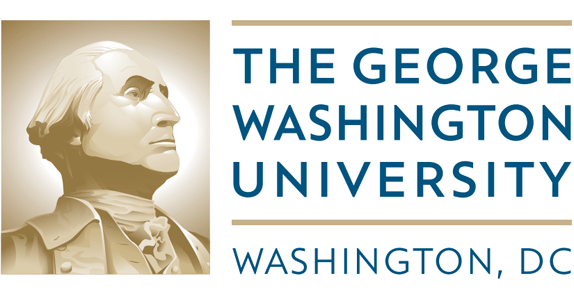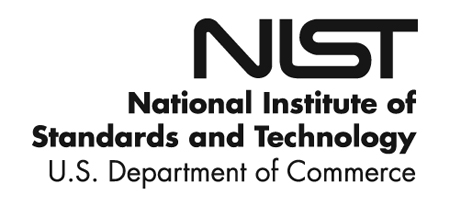FMM - Formal Mathematics for MathematiciansFMM is a new workshop affiliated with CICM 2015 intended to gather together mathematicians interested in computer assistance and researchers in formal and computer-understandable mathematics. The mathematical community today seeks various ways to support their work by accessing digital libraries and repositories, applying Internet search techniques to better explore and classify the vast mathematical knowledge, and to combine computer calculations with informal mathematics. Related methods have been developed a lot recently by the formal community, allowing the building of very large formal mathematical libraries and full formal verification of large computationally involved proofs such as those of the Kepler conjecture and the Four Color Theorem. FMM's aimsIt is very important to establish a platform for both communities to interact. The successful development of computerized formal mathematics and its general availability very much depends on the feedback that the formalized mathematics developers can obtain from the community of working mathematicians. This workshop's main objective is to explore ways of building synergy between the two communities. Over the last decades, we witnessed a number of successful instances of computer-assisted formalization of mathematical problems. Research in this field has been boosted by the development of systems for practical formalization of mathematics (proof assistants), a creation of large repositories of computer-verified formal mathematics, and integration of interactive and automated methods of theorem proving. Proof assistants provide a very useful teaching tool suitable for undergraduate instruction, in particular for training beginning students in writing rigorous proofs. An expected wider outcome of this workshop is therefore setting up of an annual series of meetings between working mathematicians and researchers in formal mathematics as well as graduate students with strong background in these fields. Points of interest include:
Invited speakerCezary Kaliszyk, University of Innsbruck: "Learning to parse mathematics from aligned corpora"SubmissionsWe welcome submission of extended abstracts and demonstration proposals presenting work related to the workshop's points of interest. Electronic submission is done through EasyChair. Extended abstracts and demonstration proposals should be no more than 4 pages formatted in LaTeX according to requirements of Springer's LNCS series (the corresponding style files can be downloaded from http://www.springer.de/comp/lncs/authors.html). Deadline for submissions: June 17th, 2015 (closed) At least one author of each accepted extended abstract/demonstration proposal is expected to attend FMM and presents his/her extended abstract/demonstration. The extended abstracts will be made available online. Accepted workshop presentations/extended abstractsProgramme Committee |
8th Conference on Intelligent Computer Mathematics
CICM 2015
July 13-17, 2015
Washington DC, USA
You must enable JavaScript to use this site
-
News
- Please participate in the online survey
- Work-in-Progress informal proceedings online
- Springer proceedings available online
- Travel information available


